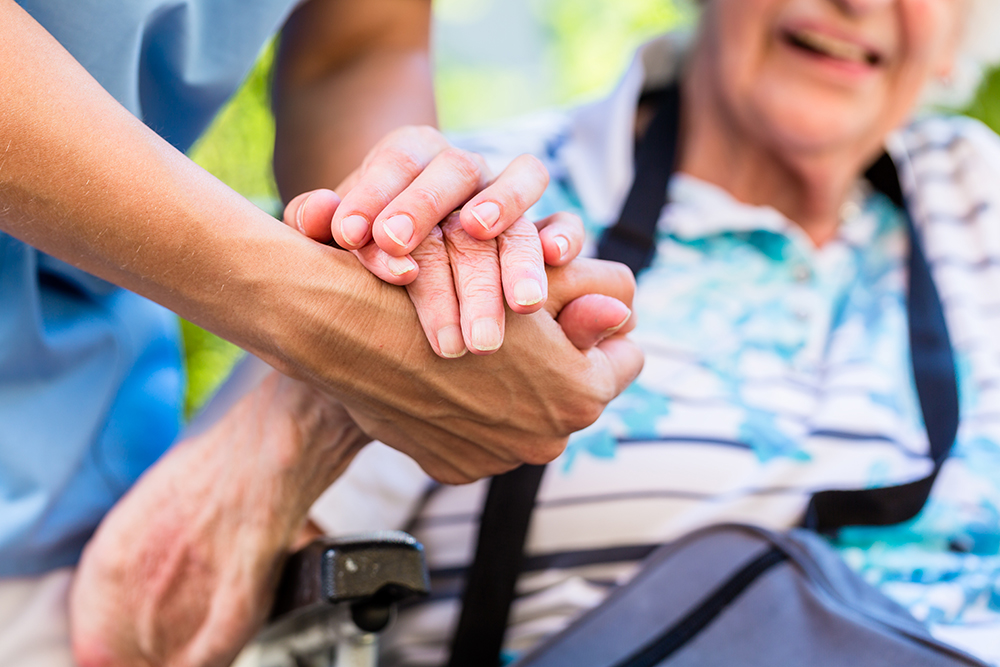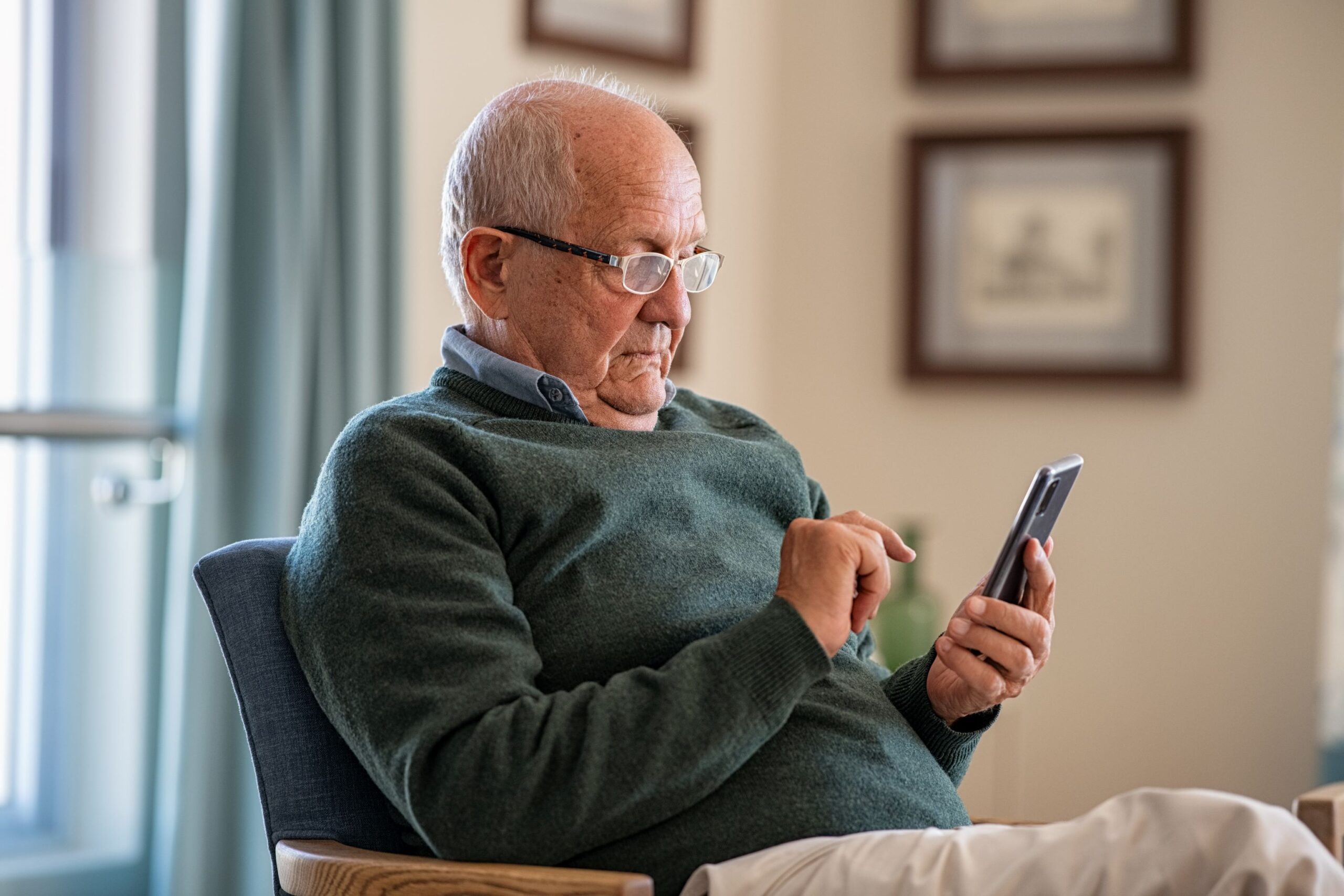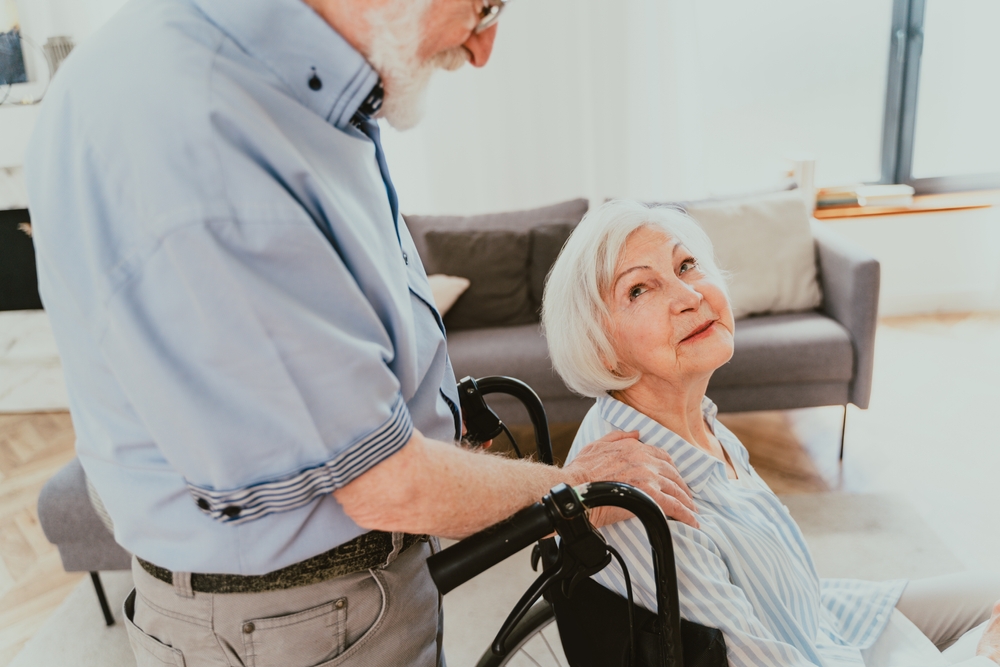To qualify for Medicaid, you must have limited income and assets (in most states, no more than $2,000 in your name). If you have more than that, you may find yourself having to "spend down" your extra assets to meet the $2,000 limit.
Is It Safe for Nursing Homes To Be Open?

As many state officials now begin to ease current Covid-19 restrictions, the May 10th Wall Street Journal (WSJ) reports that the Centers for Medicare and Medicaid Services (CMS) is considering likewise for nursing-home residents and their families.
Since March 13, visitors and communal activities have been banned under CMS restrictions. WSJ obtained a leaked draft of CMS guidelines under which visitors might, at some future time, begin to be admitted to nursing homes. The guidelines reportedly set forth a phased procedure, in which elder facilities able to show lessened or no infection rates could allow group dining and activities, and small numbers of visitors during restricted hours, all with physical-distancing restrictions. It is not yet known when CMS will complete and release these contemplated guidelines.
Covid-19, the disease caused by the coronavirus, is particularly fatal at congregate facilities where the elderly live in a confined environment and are cared for by workers who move from room to room. Data gathered independently by the New York Times (NYT) show that “while just 11 percent of the country’s cases have occurred in long-term care facilities, deaths related to Covid-19 in these facilities account for more than a third of the country’s pandemic fatalities. In 14 states, the number of residents and workers who have died accounts for more than half of all deaths from the virus.”
NYT reporters fear, however, that their totals “almost certainly represent an undercount of the true toll.” Data on residential elder facilities are apparently difficult to obtain because some states release specific information on cases and deaths at specific locations, some states report cases but not deaths, and around a dozen states release very little or no information.
Testing is widely acknowledged to be an important tool in the recovery effort, yet WSJ quotes an expert who reckons that we are around four to six months away from widespread availability. The Infectious Diseases Society of America has published diagnostic guidelines on May 6, but these caution that there are still many unanswered questions. Some of the speedy tests can include false negatives, as to the initial infection, between around 15% and 30%. Click here for more information.
So people who show no symptoms and who have been “cleared” by the faster tests could be walking around thinking they are fine, yet shedding the virus and infecting others. And it is not yet known whether those who have ostensibly recovered from Covid-19 might, or might not, be immune and free to dispense with all precautions. It is crucial, then, that those in the community who might be allowed in to nursing homes should be cleared with the most sensitive test available – and even if so, they could have become infected after having been tested.
There is no telling when these concerns will be addressed with sufficient safety for CMS to release its elder-residence guidelines. Thus, for the moment, the challenge is ongoing to protect our vulnerable elders, many or most of whom are cut off from family and unhappy at having been isolated for more than two months by now.
If you have questions or would like to discuss your particular situation with us, please don’t hesitate to reach out.



